Conclavoscope - Cardinal Sérgio da Rocha
Cardinal Profile and Assessment
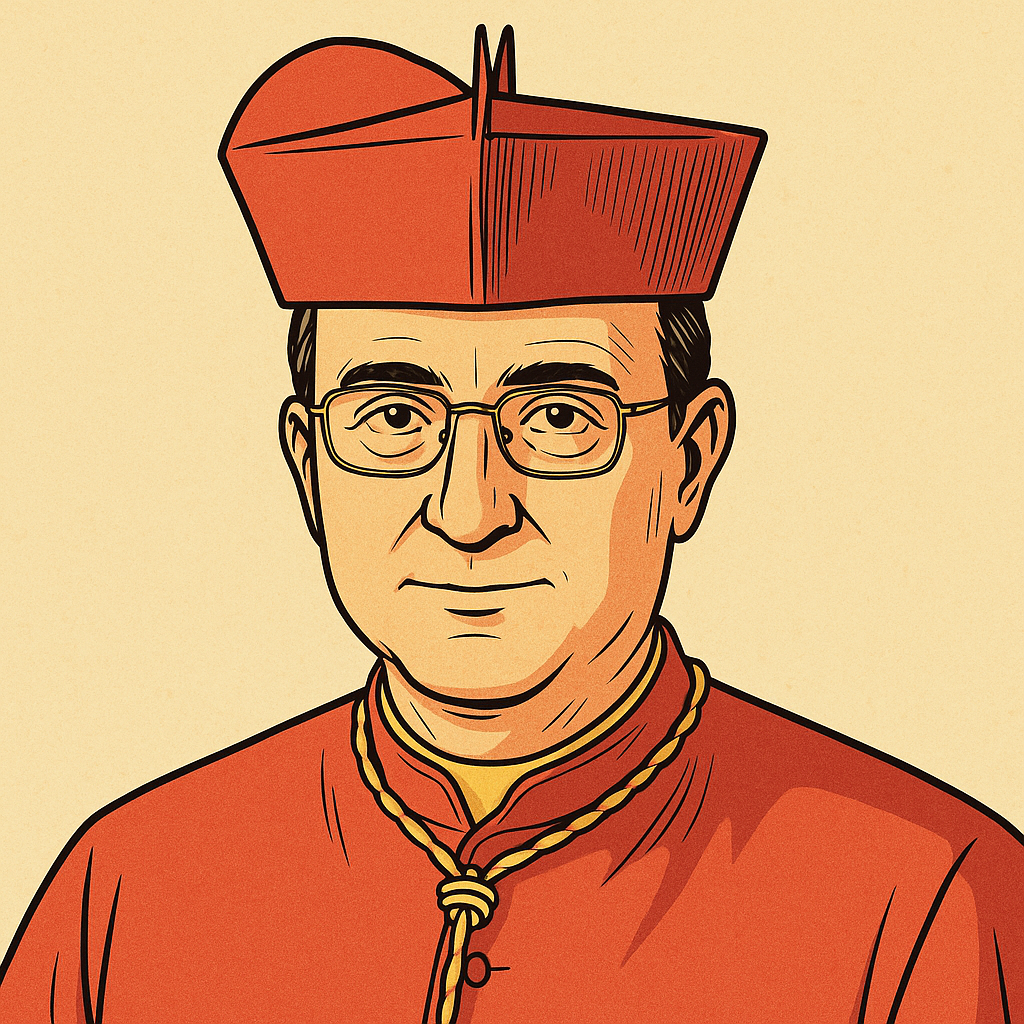
Brazilian cardinal, Archbishop of Salvador de Bahia, known for his balanced pastoral leadership and commitment to a more synodal Church closer to existential peripheries.
| Criterion | Tendency |
|---|---|
| Moral doctrine | Centrist |
| Liturgy | Centrist |
| Sociopolitical | Progressive |
| Relationship with Pope Francis | Progressive |
| Dialogue | Progressive |
| Communication | Progressive |
| Overall tendency | Progressive |
Cardinal Sérgio da Rocha maintains a balanced approach to moral doctrine. While upholding traditional Church teachings, he emphasizes pastoral care and inclusivity, aligning with Pope Francis's vision. His participation in synods on the family and youth reflects his commitment to addressing contemporary moral issues with compassion and understanding.
Cardinal da Rocha respects traditional liturgical practices while being open to adaptations that resonate with local cultures. His leadership in diverse dioceses demonstrates his ability to balance tradition with the pastoral needs of the faithful.
Cardinal da Rocha is actively engaged in sociopolitical issues, advocating for social justice and the rights of the marginalized. His involvement with the Brazilian bishops' justice and peace commission highlights his commitment to addressing societal challenges through the lens of Catholic social teaching.
Cardinal da Rocha is closely aligned with Pope Francis, sharing his vision for a synodal and inclusive Church. His appointments to key positions, including the Council of Cardinals, reflect the Pope's trust in his leadership and commitment to ecclesial reform.
While specific statements from Cardinal da Rocha on interreligious dialogue are limited, his emphasis on inclusivity and pastoral care suggests a favorable disposition towards engaging with other faith traditions to promote mutual understanding and cooperation.
Cardinal da Rocha is known for his pastoral and empathetic communication style. He emphasizes listening and dialogue, fostering a Church environment that is welcoming and responsive to the needs of the faithful.
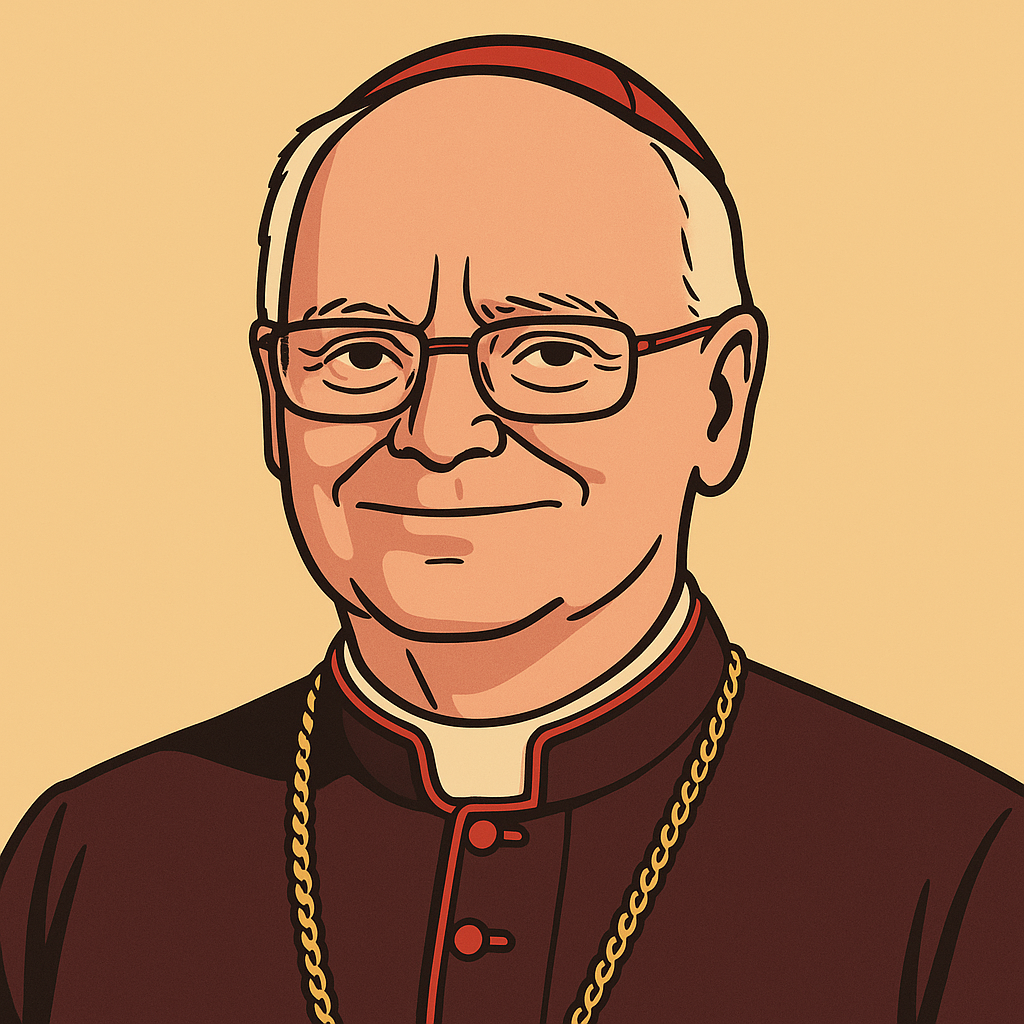
Brazilian cardinal, Archbishop of São Paulo, known for his balanced leadership in Latin America's largest metropolis and his pastoral approach combining tradition and modernity.
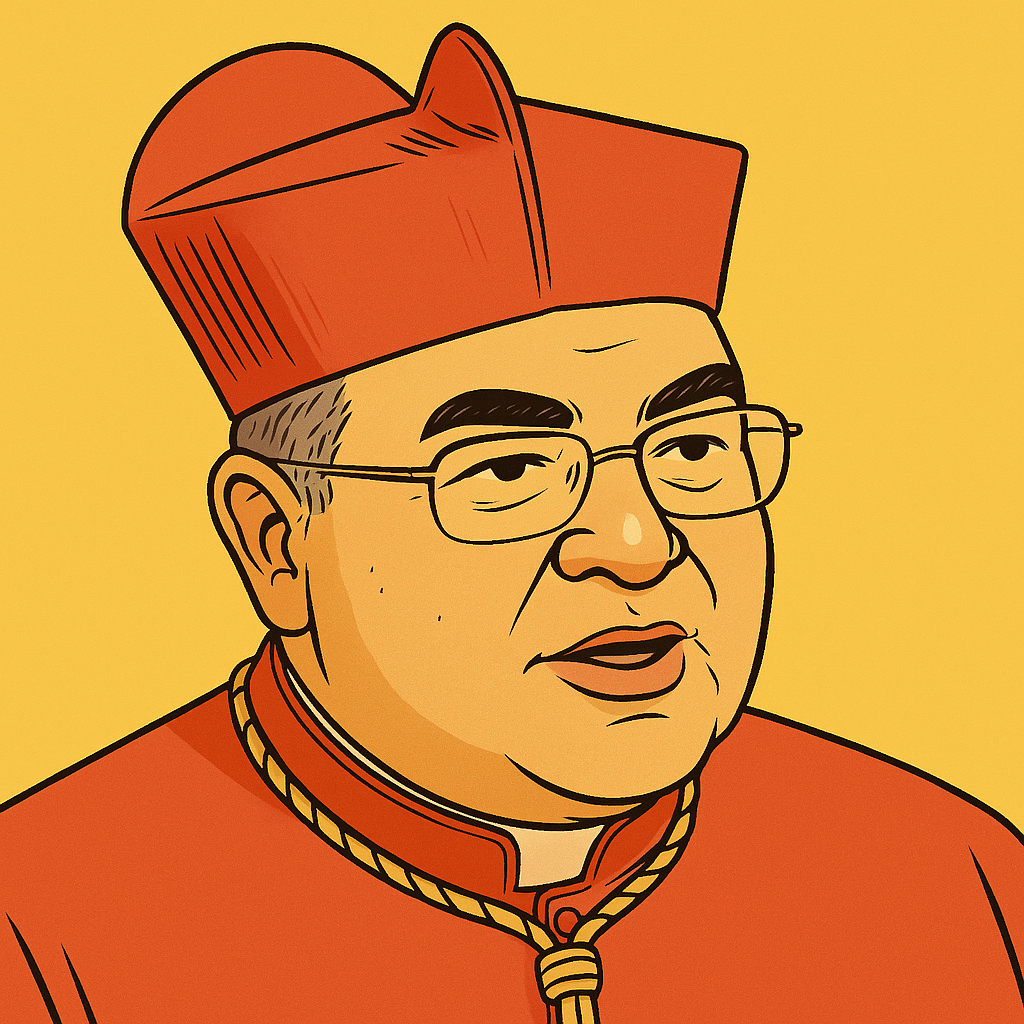
Brazilian cardinal, Archbishop of Rio de Janeiro, Cistercian, known for his social commitment in the favelas and his balanced pastoral leadership between tradition and openness.
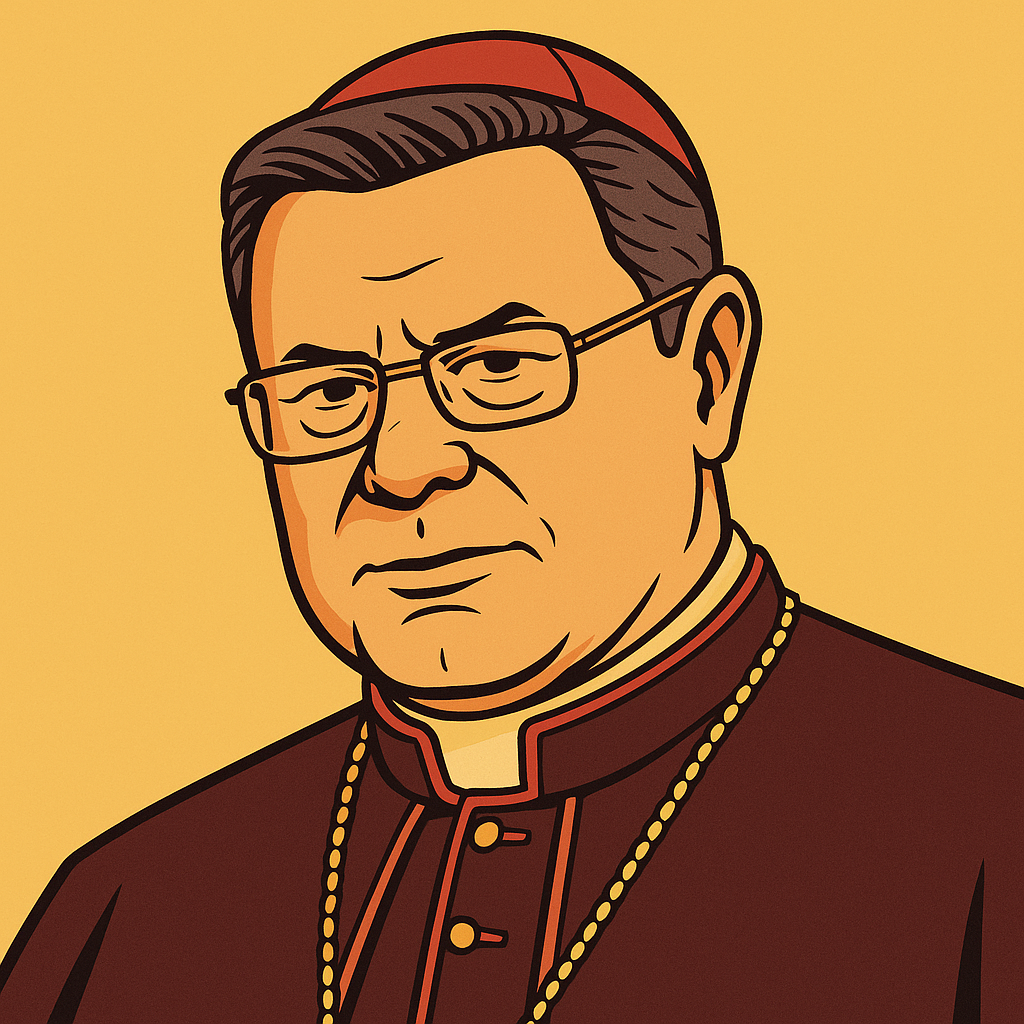
Brazilian cardinal, Archbishop of Brasília, known for his intellectual profile and balanced pastoral approach, combining Catholic tradition and sensitivity to contemporary social issues.
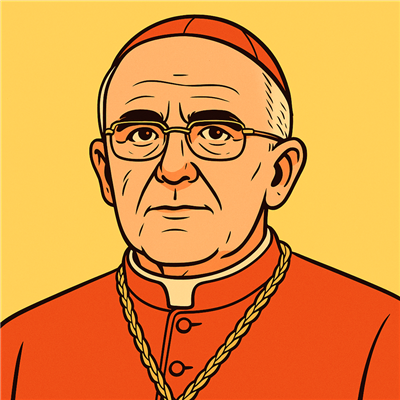
Spain
Spanish cardinal, Archbishop of Madrid, known for his moderate and conciliatory attitude, seeking balance between tradition and modern pastoral care.
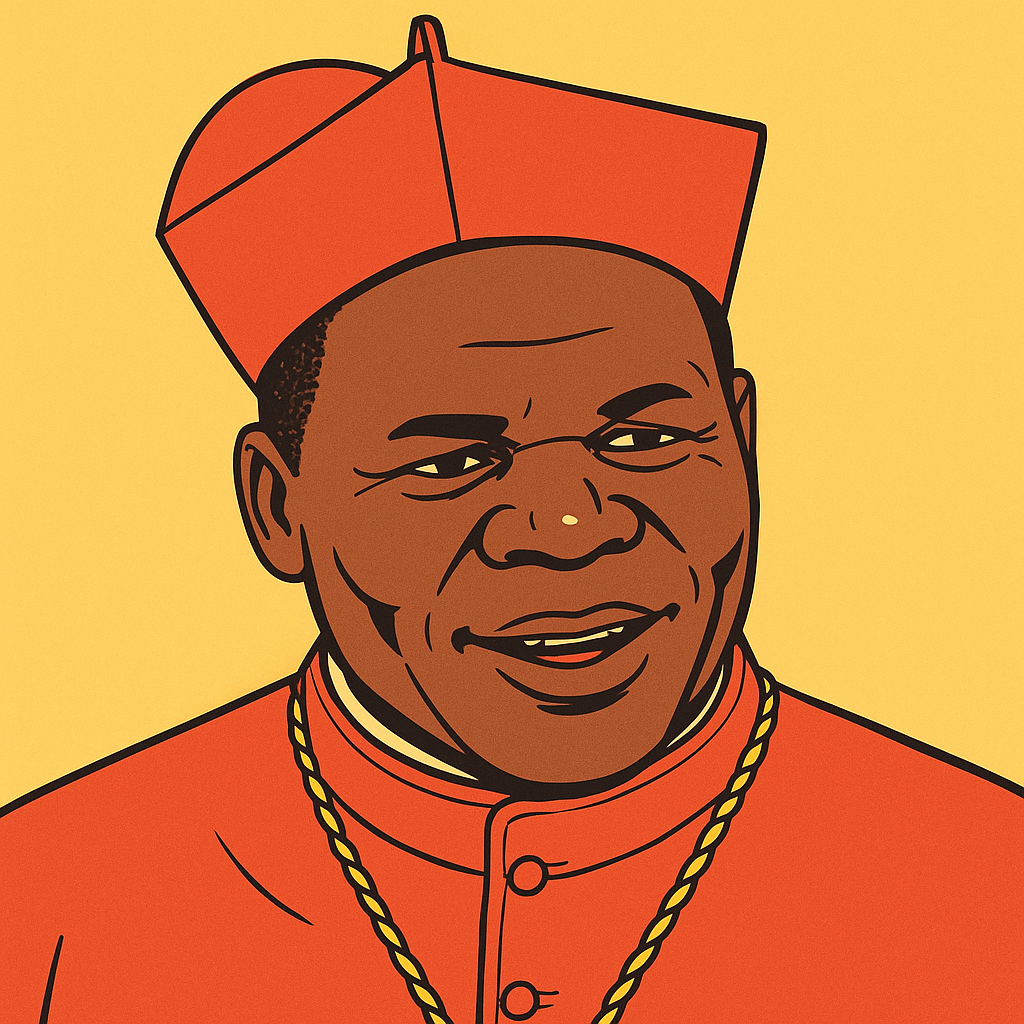
Central African Republic
Central African cardinal, known for his commitment to interreligious peace in a country torn by conflict, combining doctrinal tradition and openness to dialogue.
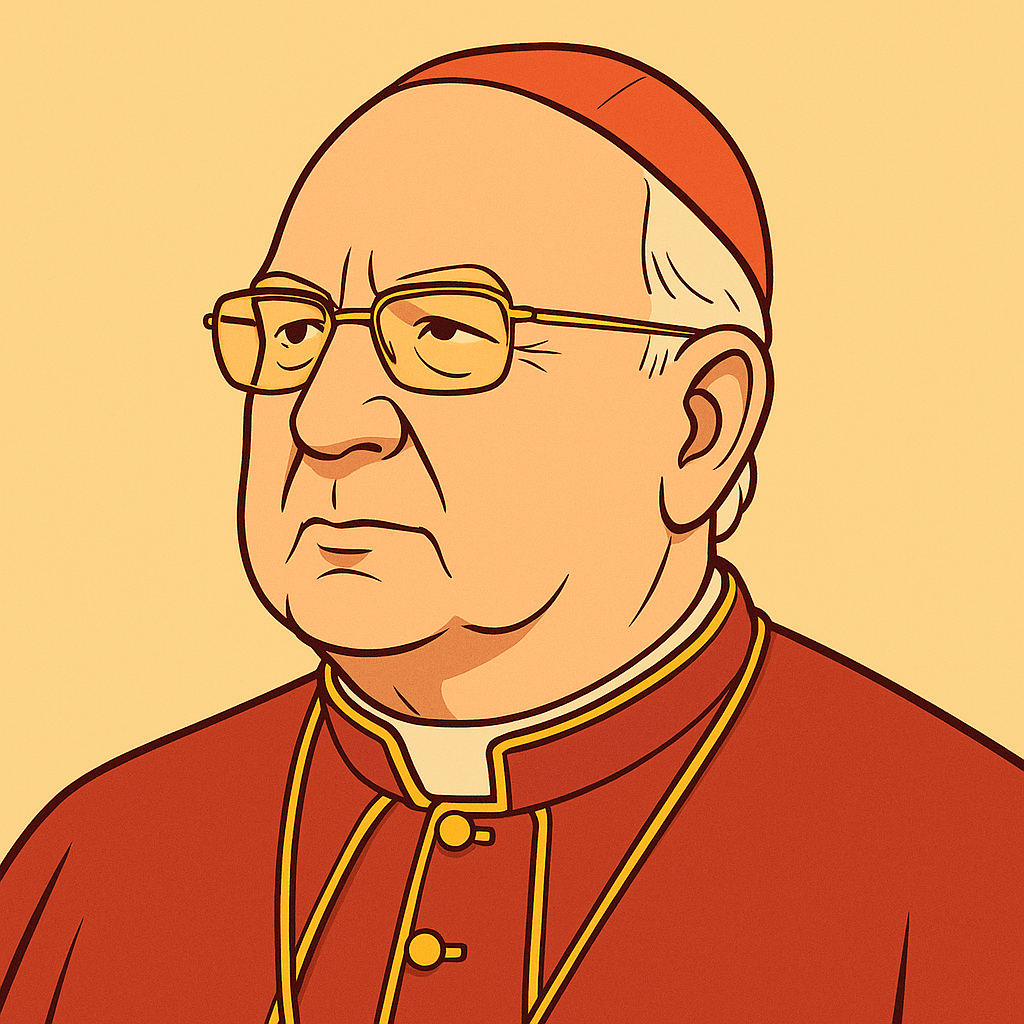
United States
American cardinal, Prefect of the Dicastery for Laity, Family and Life, known for his administrative experience and fidelity to Pope Francis' pastoral vision.
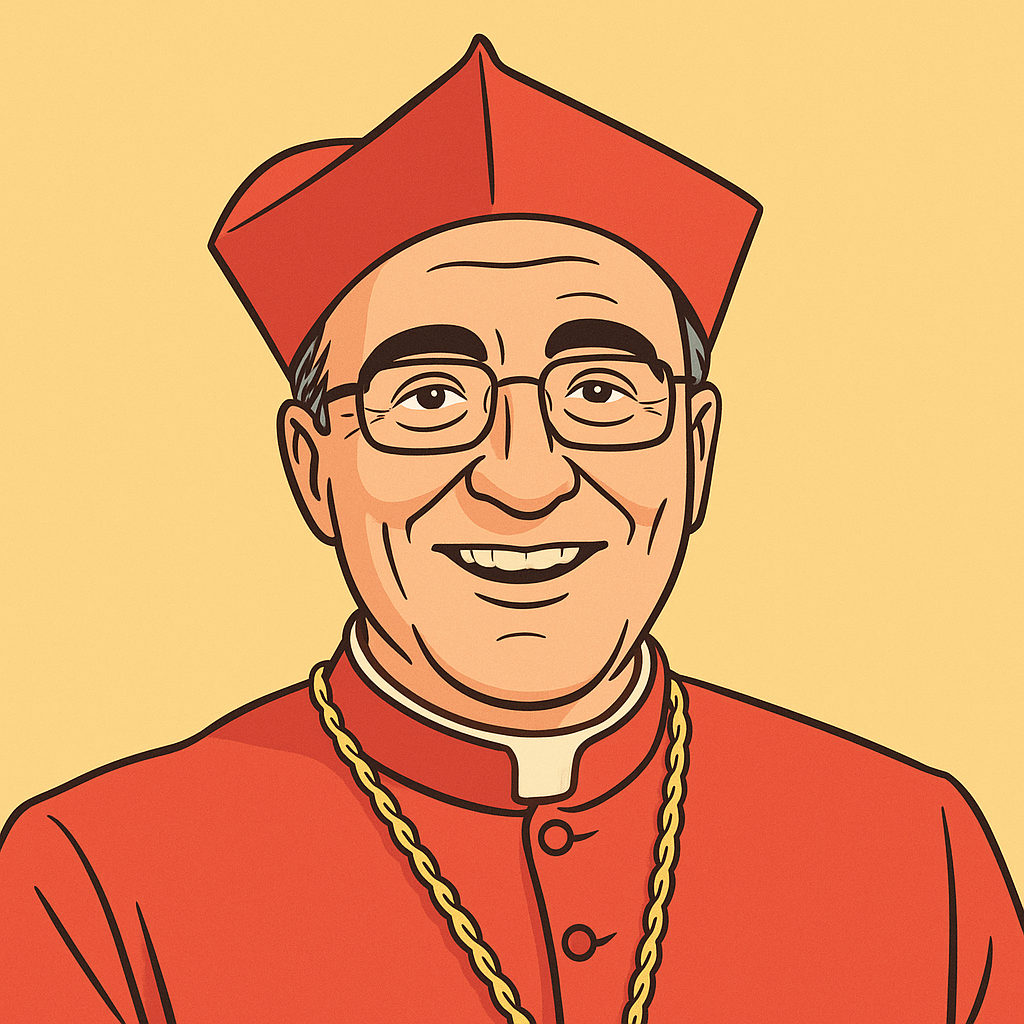
Uruguay
age: 66
Uruguayan cardinal, Salesian, known for his balanced approach between tradition and renewal, and his commitment to Catholic education.
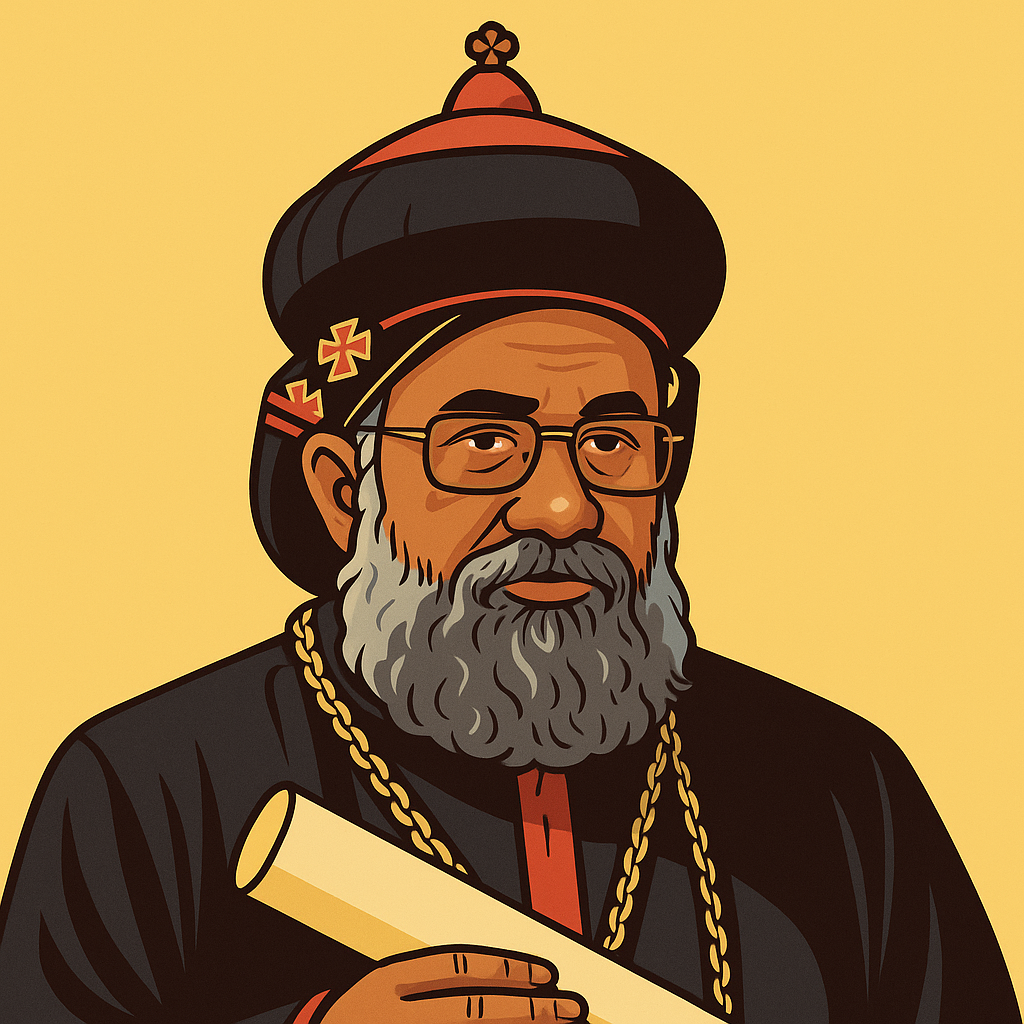
India
age: 66
Indian cardinal of Syro-Malankara rite, known for his attachment to the Eastern traditions of the Church and his defense of traditional moral doctrine.
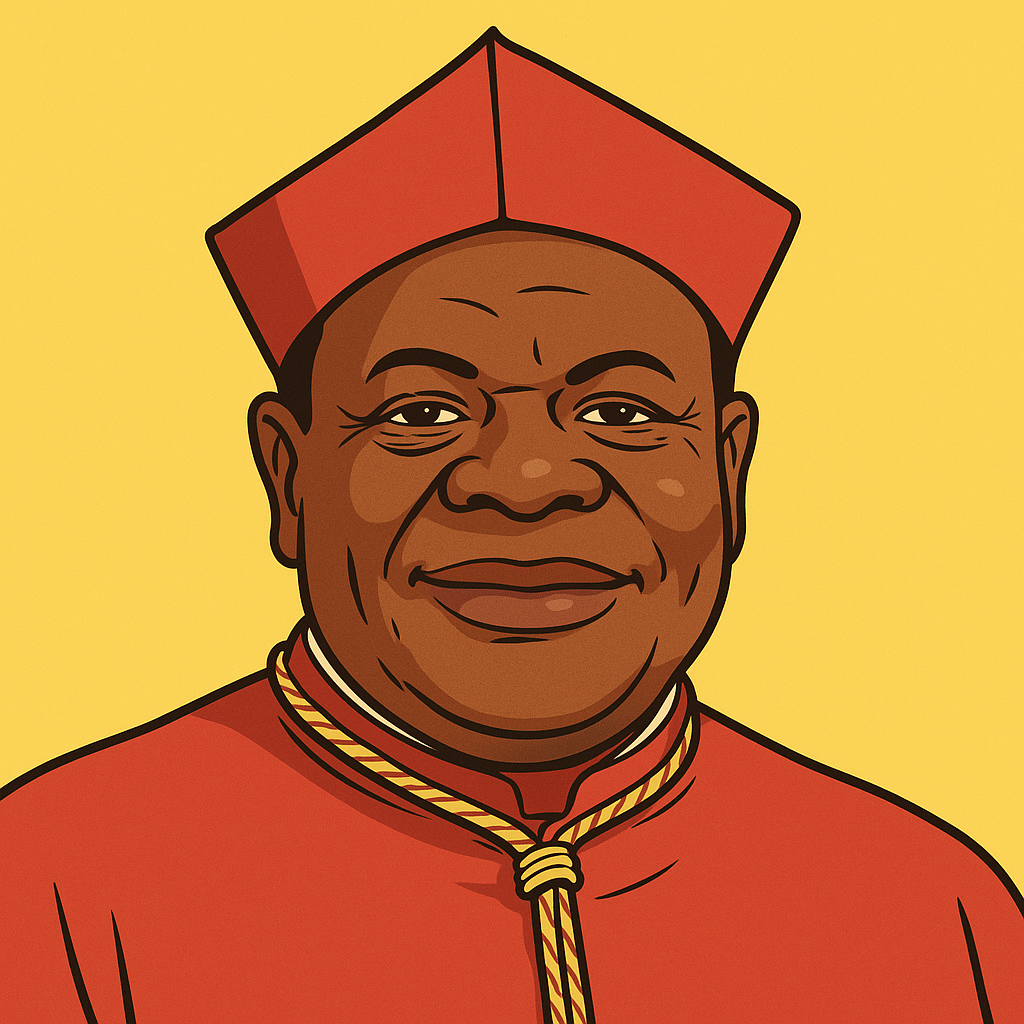
Democratic Republic of the Congo
age: 66
Congolese cardinal, Archbishop of Kinshasa, known for his commitment to social justice and human rights defense, while maintaining a traditional doctrinal position.
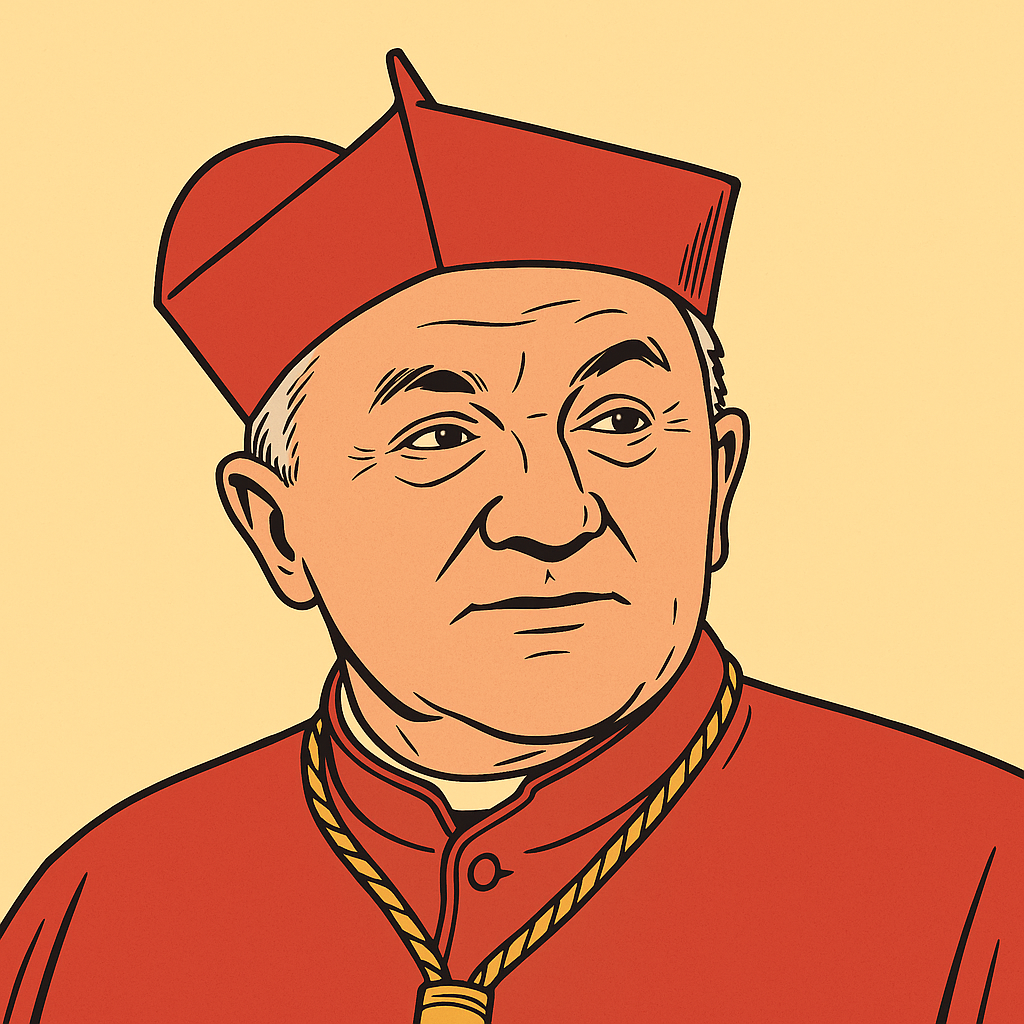
Poland
Polish cardinal, Archbishop of Warsaw, known for his balanced pastoral approach, combining Polish Catholic tradition with openness to dialogue in an evolving society.

Switzerland
Swiss cardinal, president of the Dicastery for Promoting Christian Unity, known for his theological expertise and ecumenical commitment, with a moderately conservative doctrinal position.
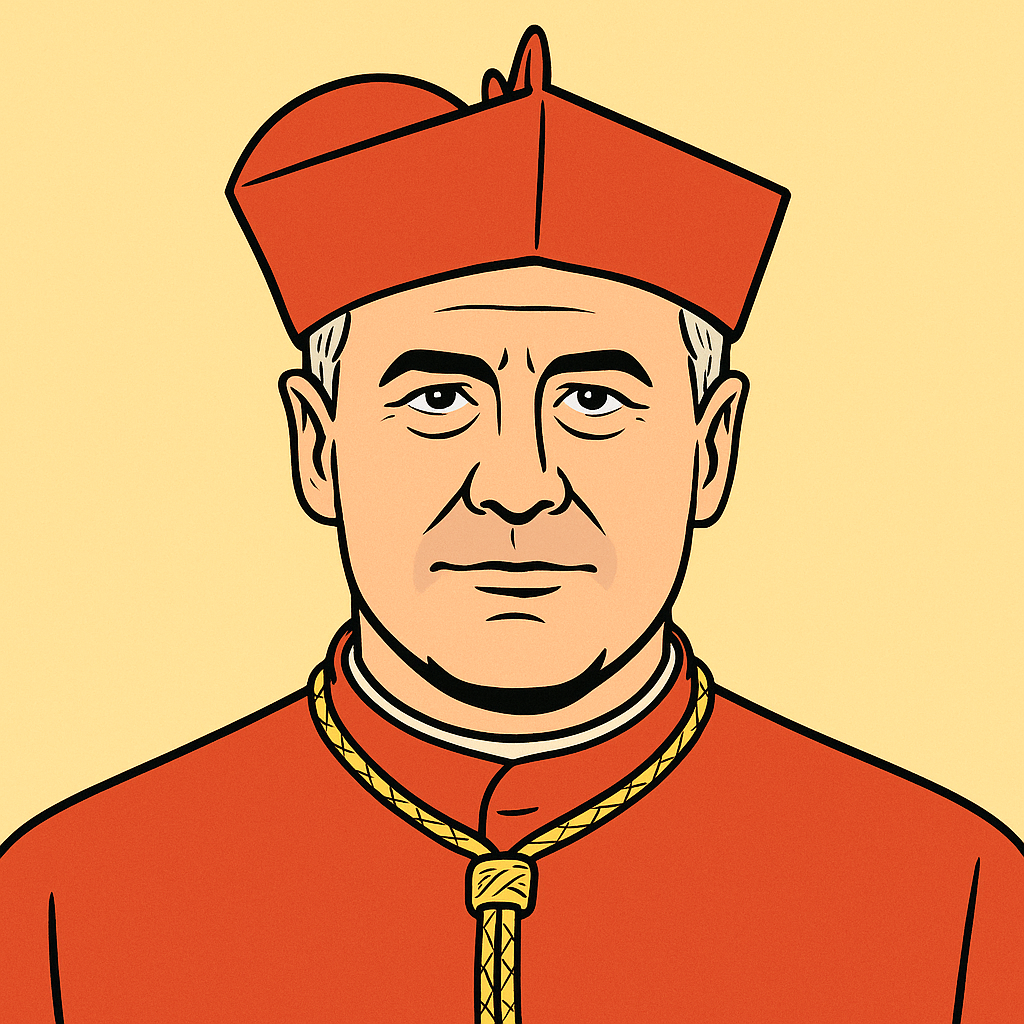
Lithuania
Lithuanian cardinal, administrator of St. Peter's Basilica, known for his administrative work and loyalty to the Holy See, with a balanced approach between tradition and pastoral modernity.
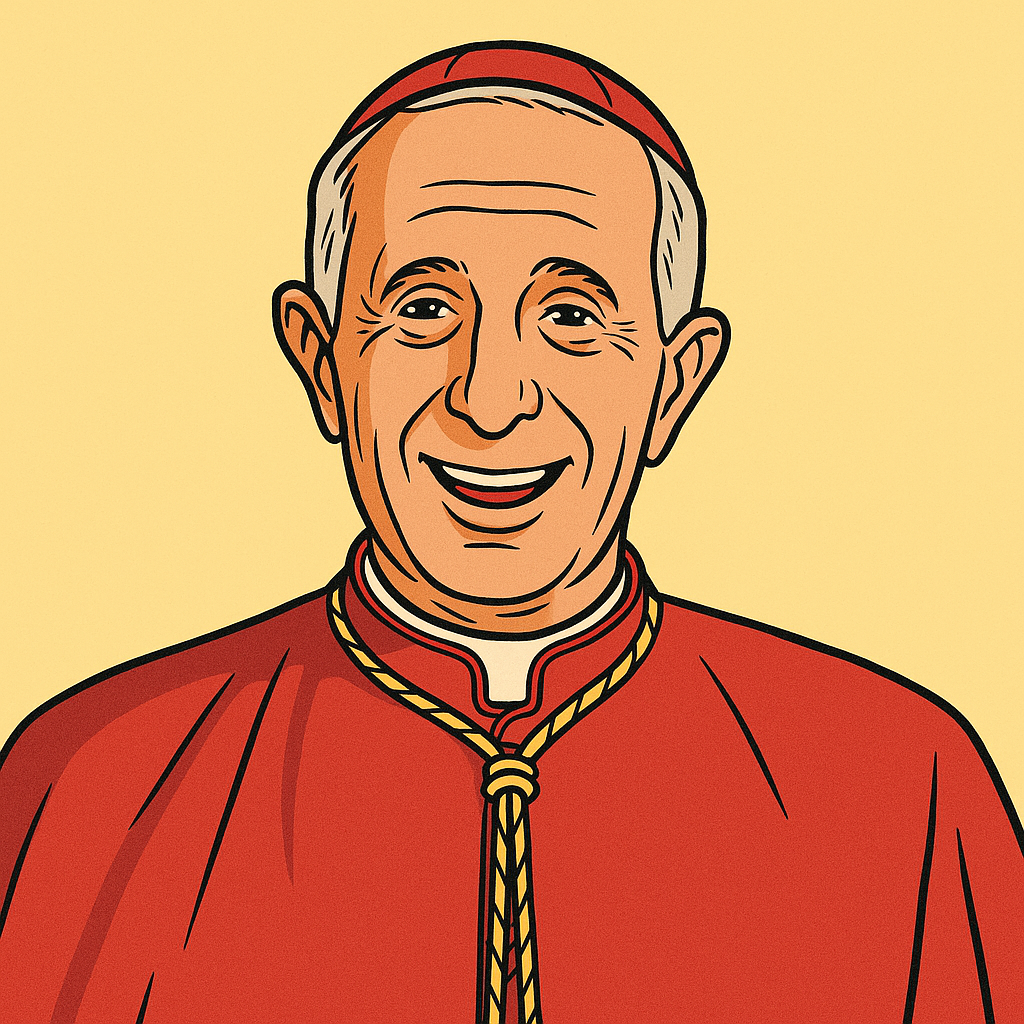
Argentina
Argentine cardinal, Archbishop Emeritus of Buenos Aires, successor of Pope Francis in this diocese, known for his discreet profile and balanced administration between tradition and renewal.

Switzerland
Swiss cardinal, president of the Dicastery for Promoting Christian Unity, known for his theological expertise and ecumenical commitment, with a moderately conservative doctrinal position.
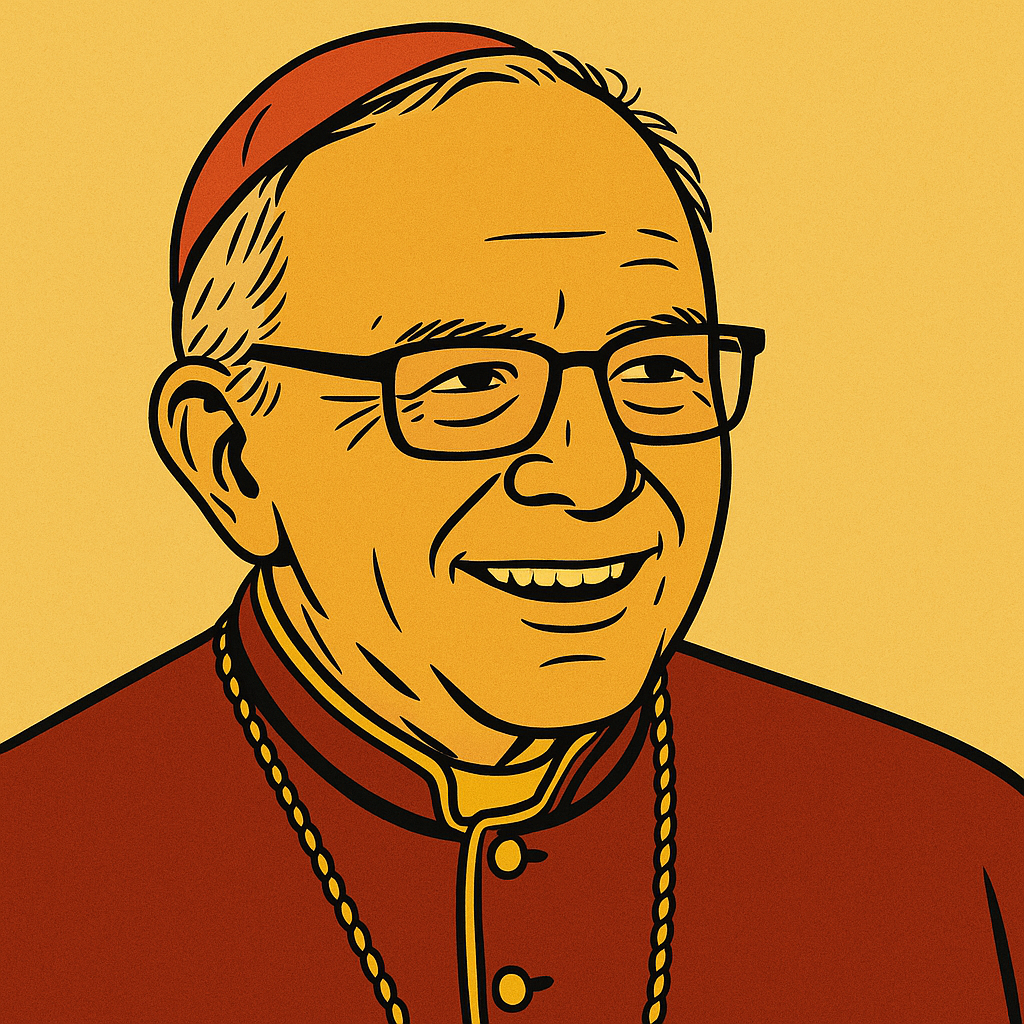
Portugal
Portuguese cardinal, Patriarch Emeritus of Lisbon, known for his balanced leadership and pastoral vision that respects tradition while dialoguing with contemporary society.
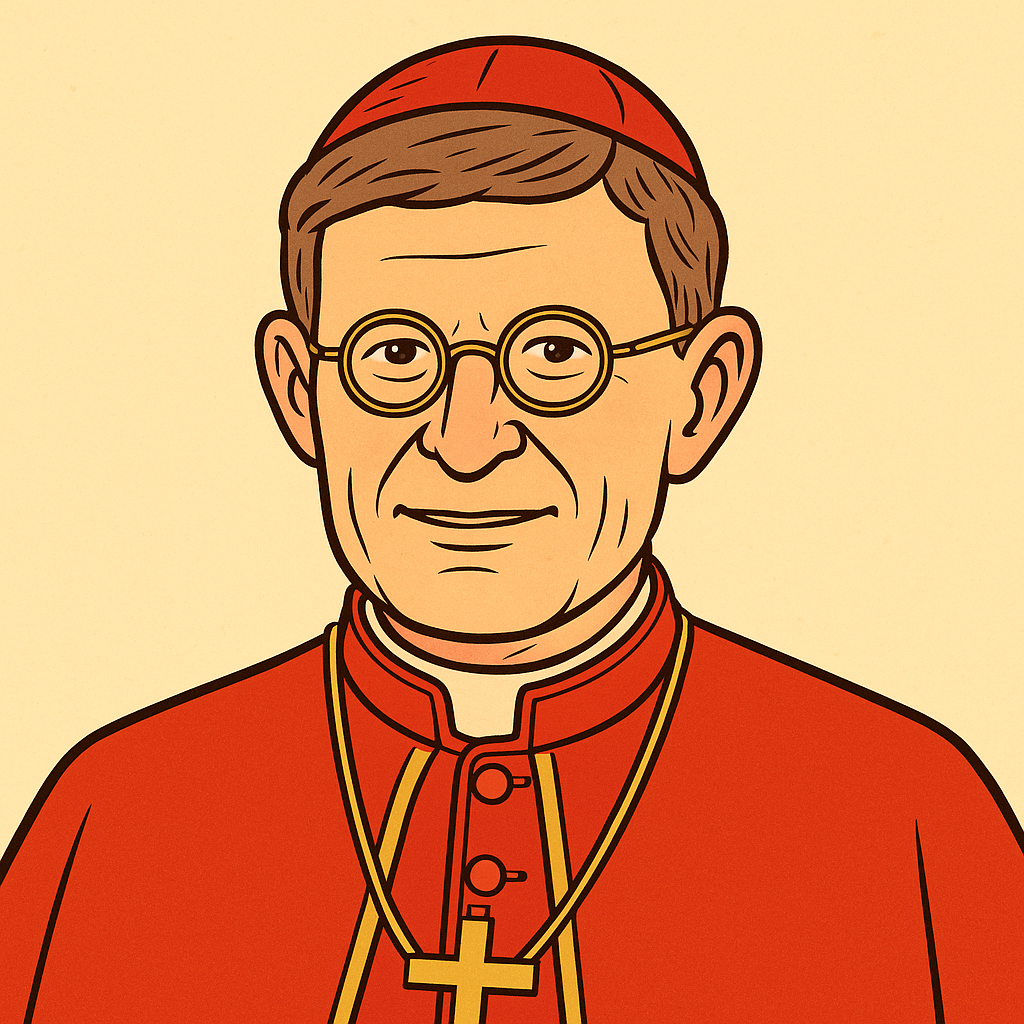
Germany
German cardinal, Archbishop of Cologne, known for his conservative positions and controversial leadership, particularly in handling sexual abuse and his opposition to certain reforms.
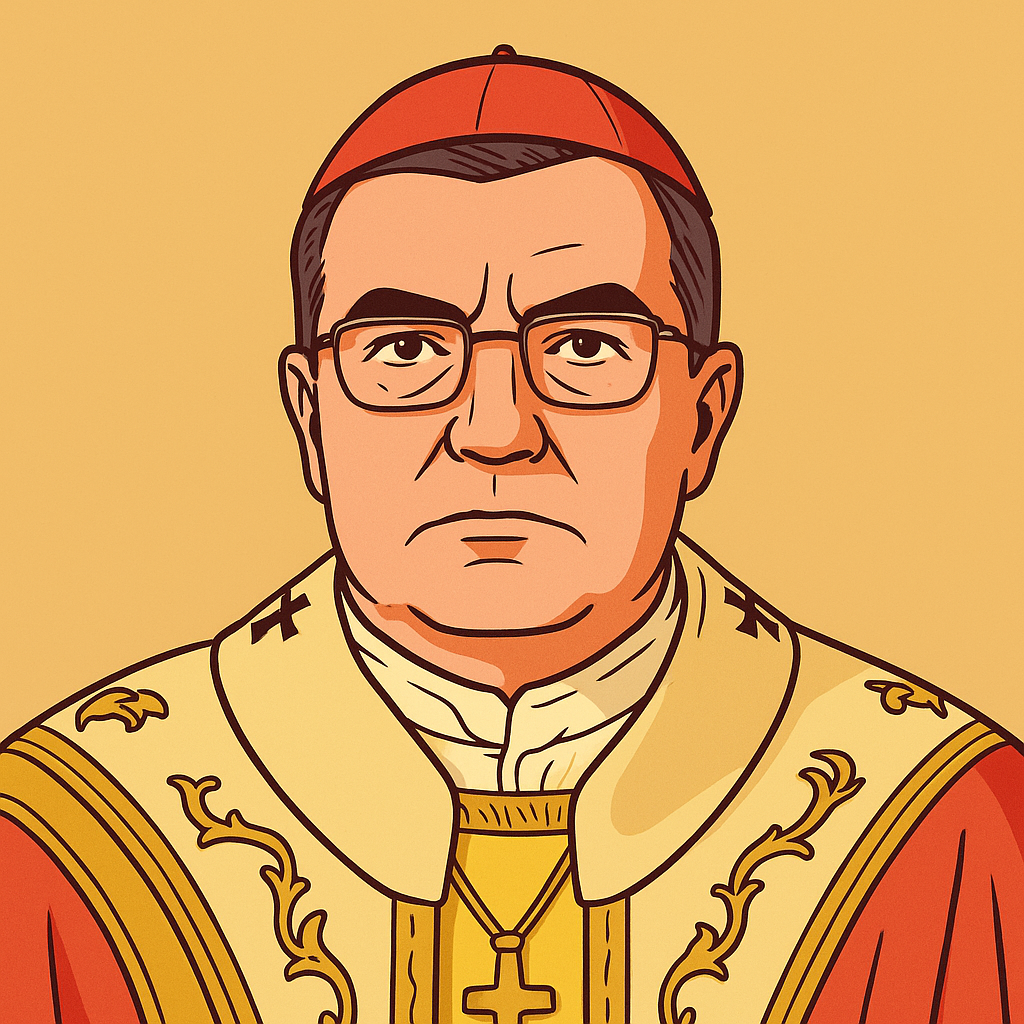
Croatia
Croatian cardinal, Archbishop of Zagreb, known for his conservative positions on moral issues and his commitment to traditional values in a post-communist context.
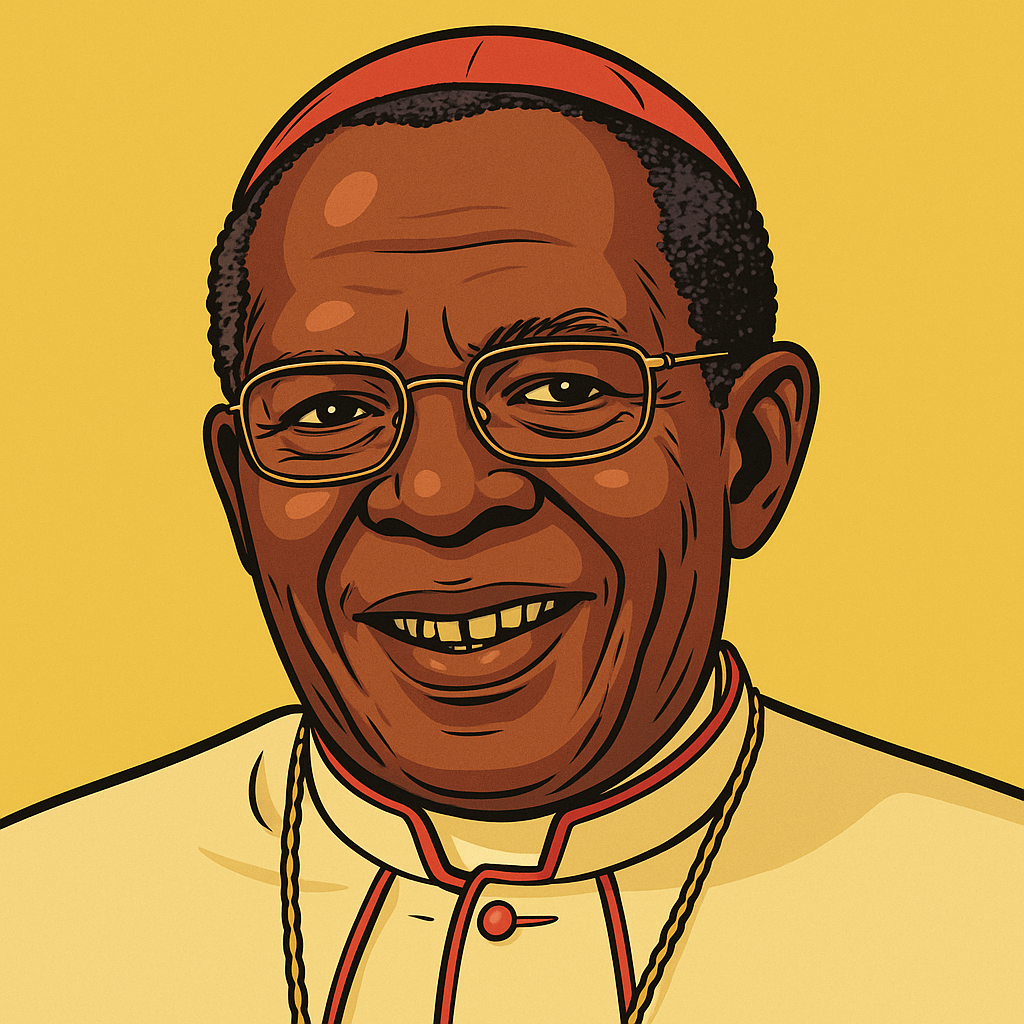
Kenya
Kenyan cardinal, Archbishop Emeritus of Nairobi, known for his conservative positions on moral issues and his leadership in the growing African Church.
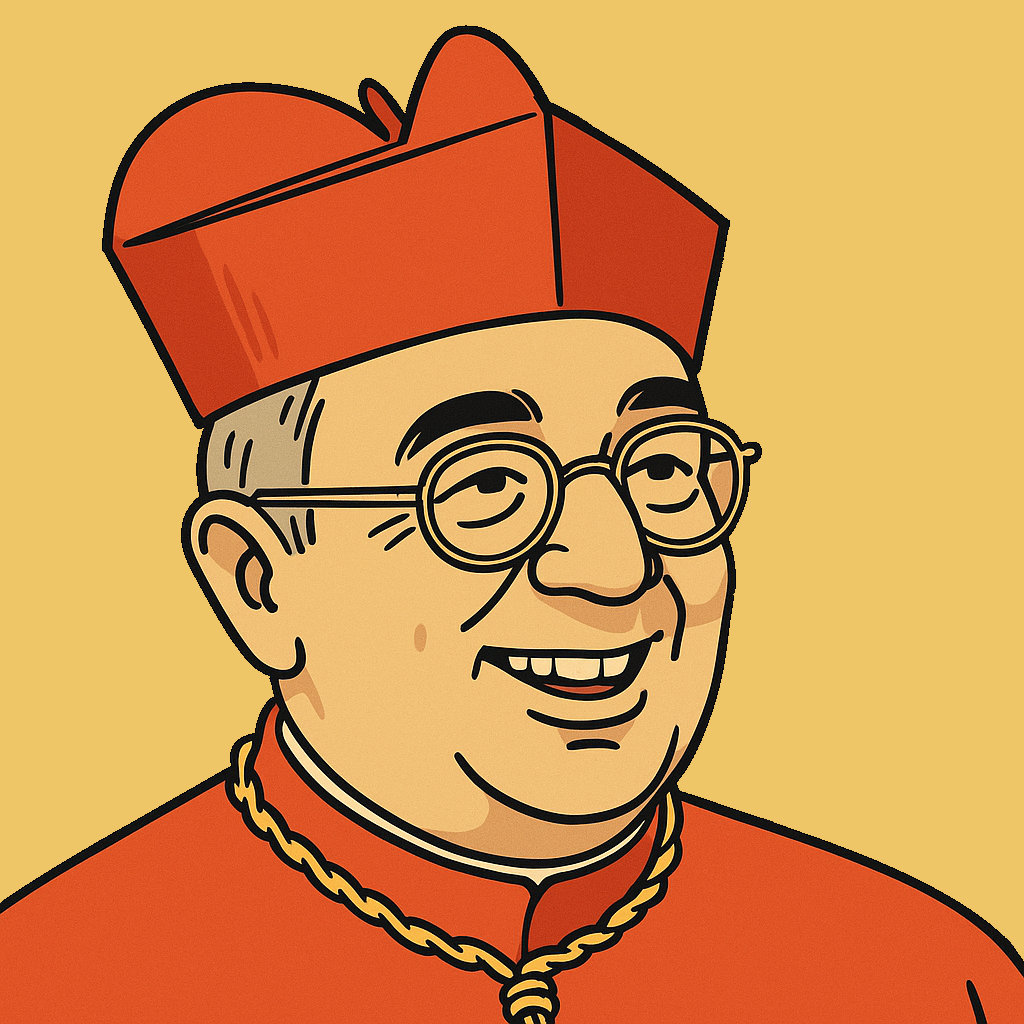
Italy
Italian cardinal, former vicar general of the pope for the diocese of Rome, known for his balance between liturgical tradition and moderate pastoral openness.

Argentina
Argentine cardinal, Archbishop Emeritus of Buenos Aires, successor of Pope Francis in this diocese, known for his discreet profile and balanced administration between tradition and renewal.
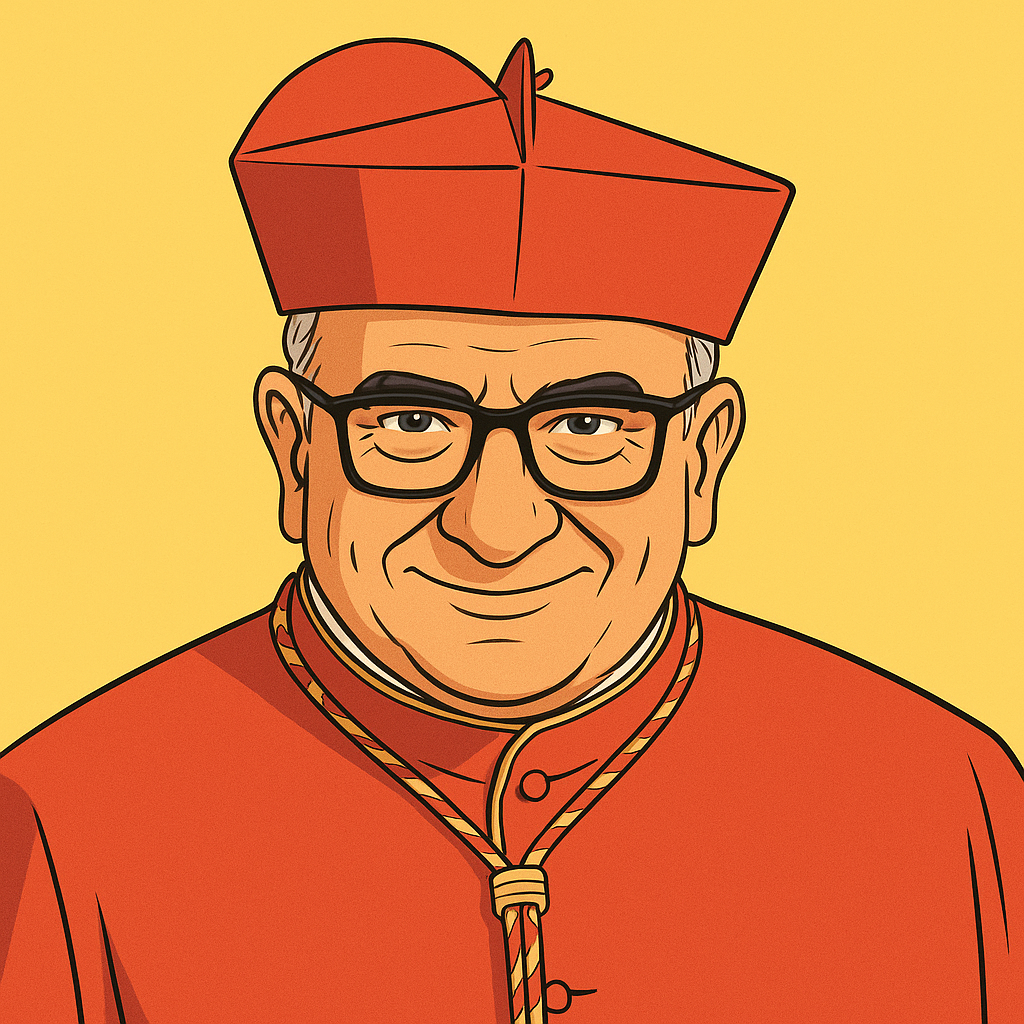
Chile
Chilean cardinal, Archbishop of Concepción, known for his conservative doctrinal positions and commitment to rebuilding trust after abuse scandals.

Croatia
Croatian cardinal, Archbishop of Zagreb, known for his conservative positions on moral issues and his commitment to traditional values in a post-communist context.
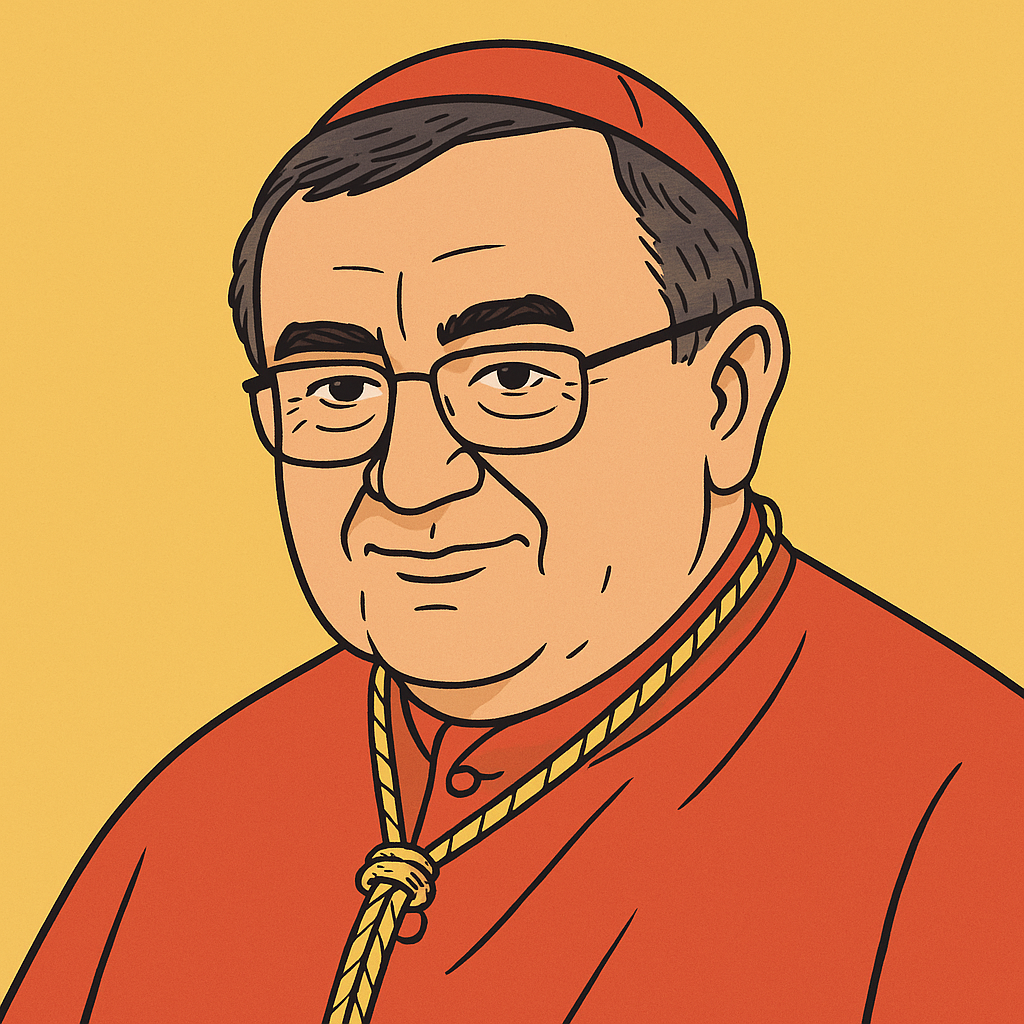
Bosnia and Herzegovina
Bosnian cardinal, Archbishop Emeritus of Sarajevo, known for his leadership during and after the Balkan War, his work for reconciliation and his defense of Catholic rights in the region.
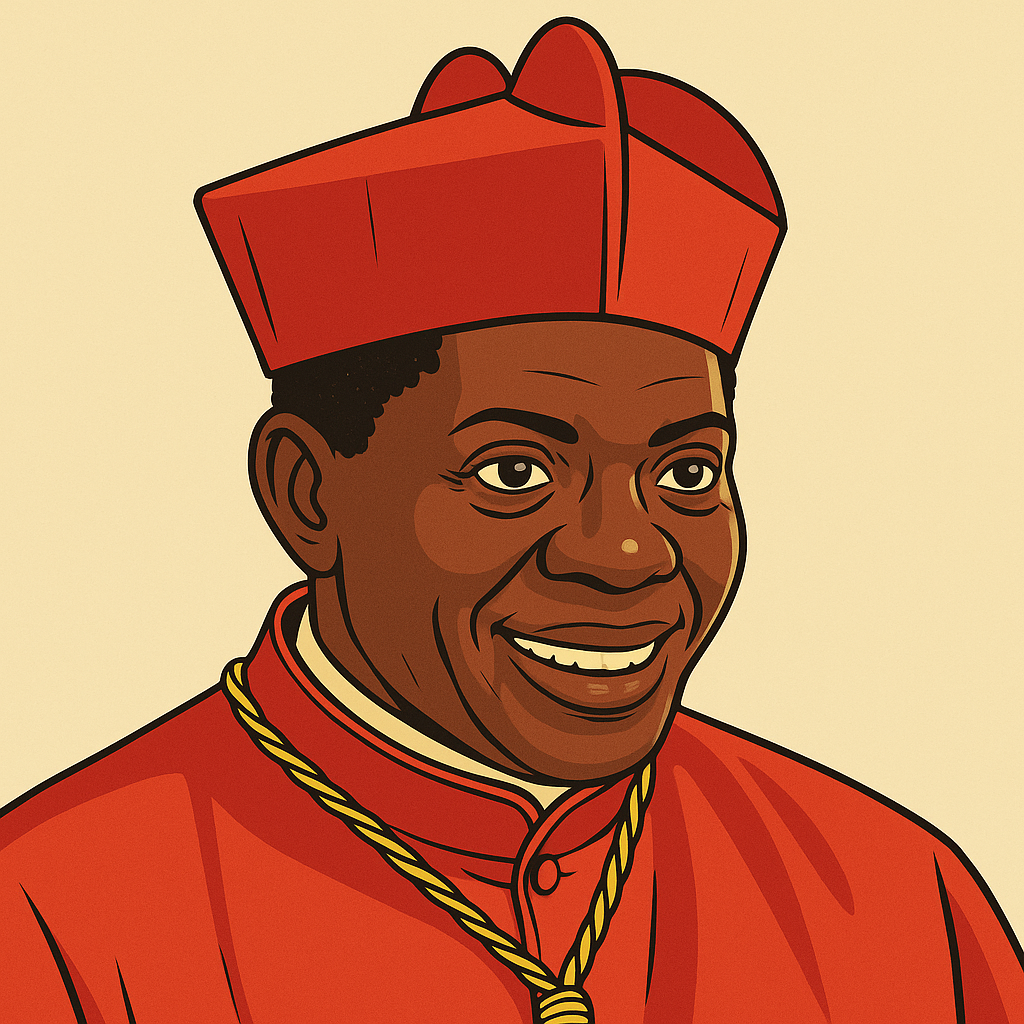
Tanzania
Tanzanian cardinal, Secretary of the Dicastery for Evangelization, known for his missionary expertise and balanced pastoral vision, combining doctrinal fidelity and cultural adaptation.
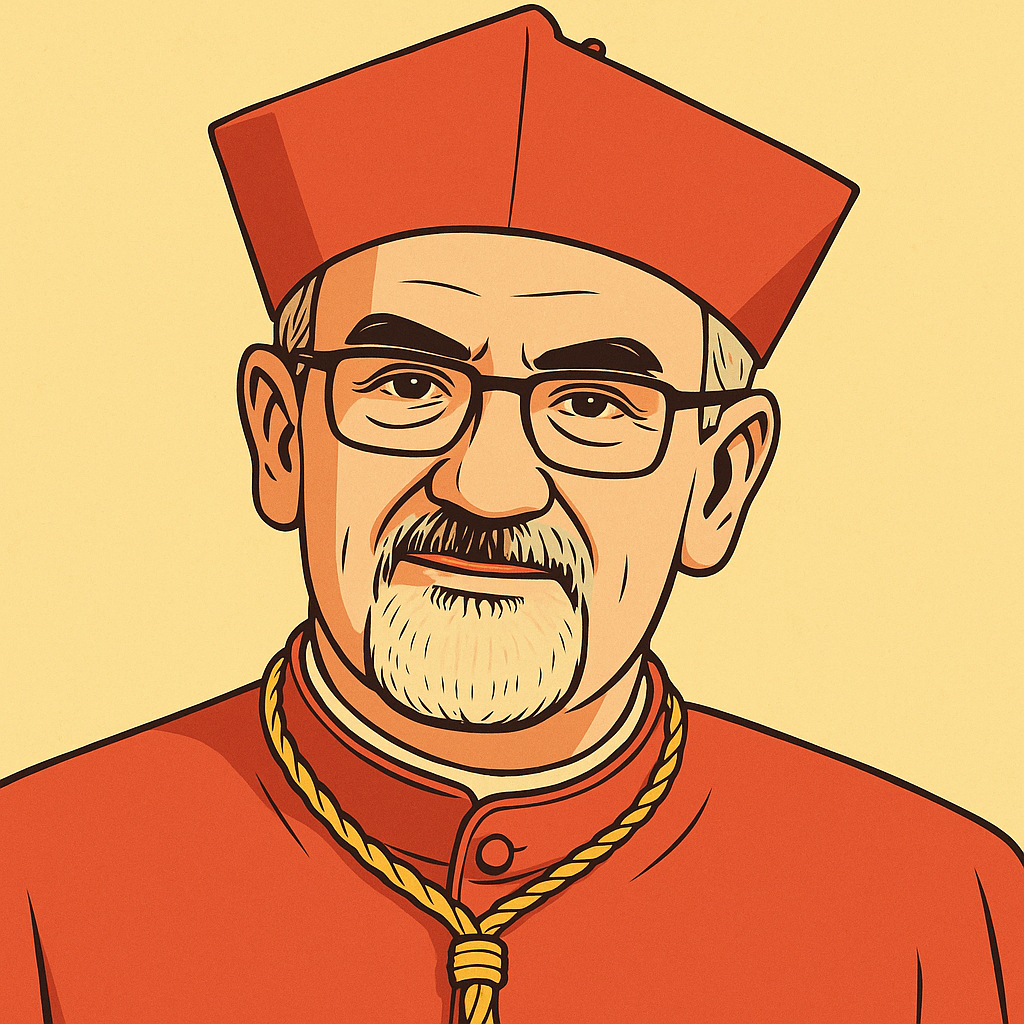
Israel
Italian cardinal, Latin Patriarch of Jerusalem, Franciscan, known for his expertise on the Middle East and his balanced leadership in a context of political and religious tensions.

Kenya
Kenyan cardinal, Archbishop Emeritus of Nairobi, known for his conservative positions on moral issues and his leadership in the growing African Church.
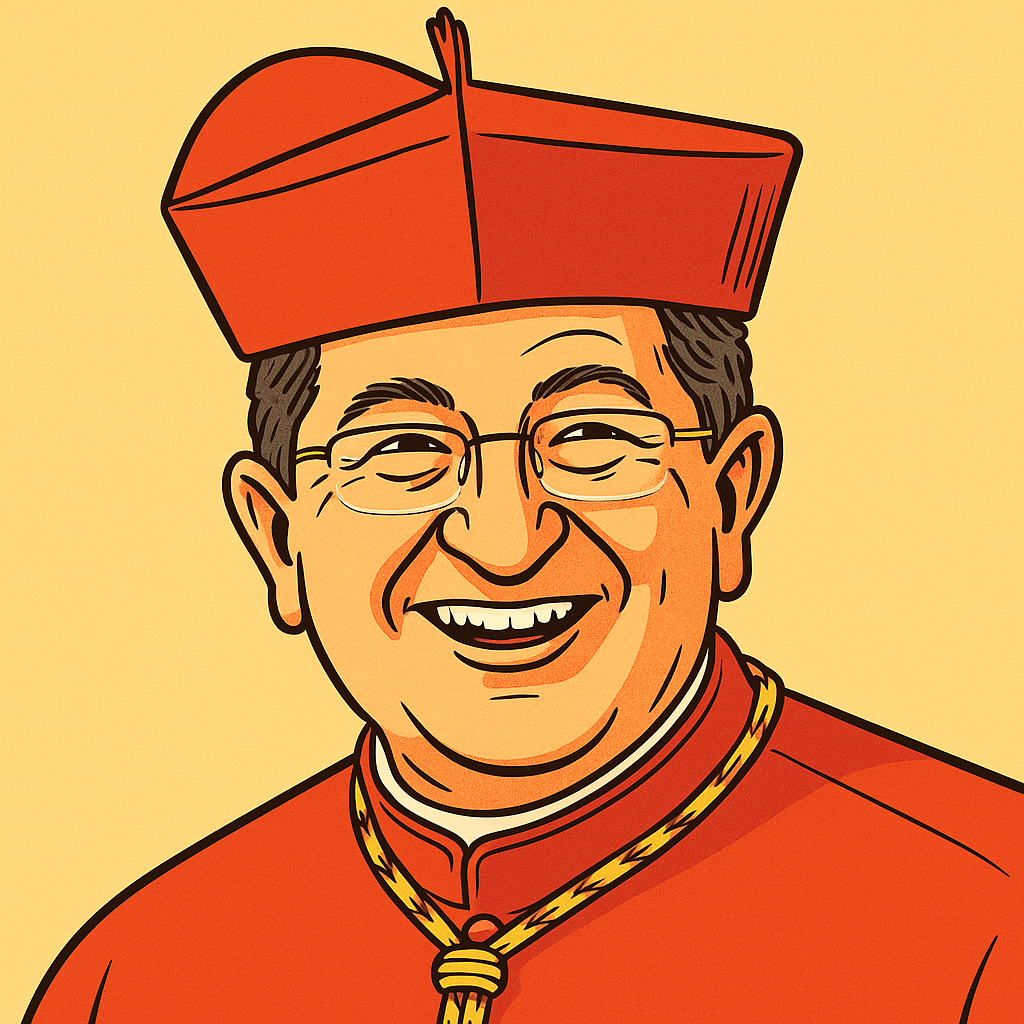
Italy
Italian cardinal, Archbishop of Florence, known for his conservative doctrinal positions and intellectual work, while remaining engaged in pastoral dialogue.